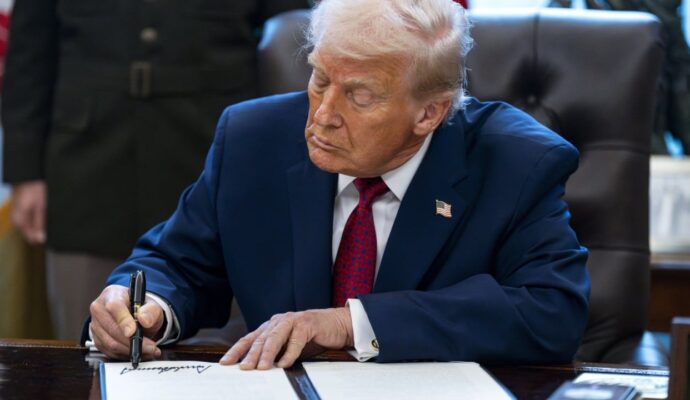The ministry said Edmund Xu, a research director at Kharon, and Nicole Morgret, a human rights analyst at the Washington-based Centre for Advanced Defence Studies, were also sanctioned. They will be banned from entering China and the assets of all three entities in the country will be frozen.
The two authors have published several reports on the human rights situation and alleged forced labour in Xinjiang.
The ministry said it had lodged a firm protest to the United States over the December sanctions and warned that more countermeasures would follow if Washington did not lift the bans against Chinese entities.
“The United States [is] using the so-called human rights issue in Xinjiang as an excuse to impose illegal sanctions on Chinese officials and enterprises, seriously interfering in China’s internal affairs, seriously violating international law and the basic norms of international relations,” foreign ministry spokeswoman Mao Ning said.
“If the United States persists in its own way, China will definitely accompany it to the end.”
International campaign launched to support Ilham Tohti for Nobel Peace Prize
International campaign launched to support Ilham Tohti for Nobel Peace Prize
China’s countermeasures came as Washington added more Chinese entities into its sanction list under the act, legislation enacted in 2021 banning imports made by “forced labourers” in Xinjiang.
The three Chinese companies targeted this month were Cofco Sugar, Jingweida Technology and Xinya New Materials, which were accused of recruiting and exploiting people of ethnic minority groups through their labour practices.
Some 30 Chinese entities are now on the sanction list under the UFLPA
US President Joe Biden expressed concerns over human rights in Xinjiang while meeting Chinese President Xi Jinping in San Francisco last month for talks aimed at stabilising relations between the two rival powers.
China has long denied allegations of forced labour and human rights abuses in Xinjiang, saying measures taken by Western countries in restricting trade with the region have disrupted international trade.




